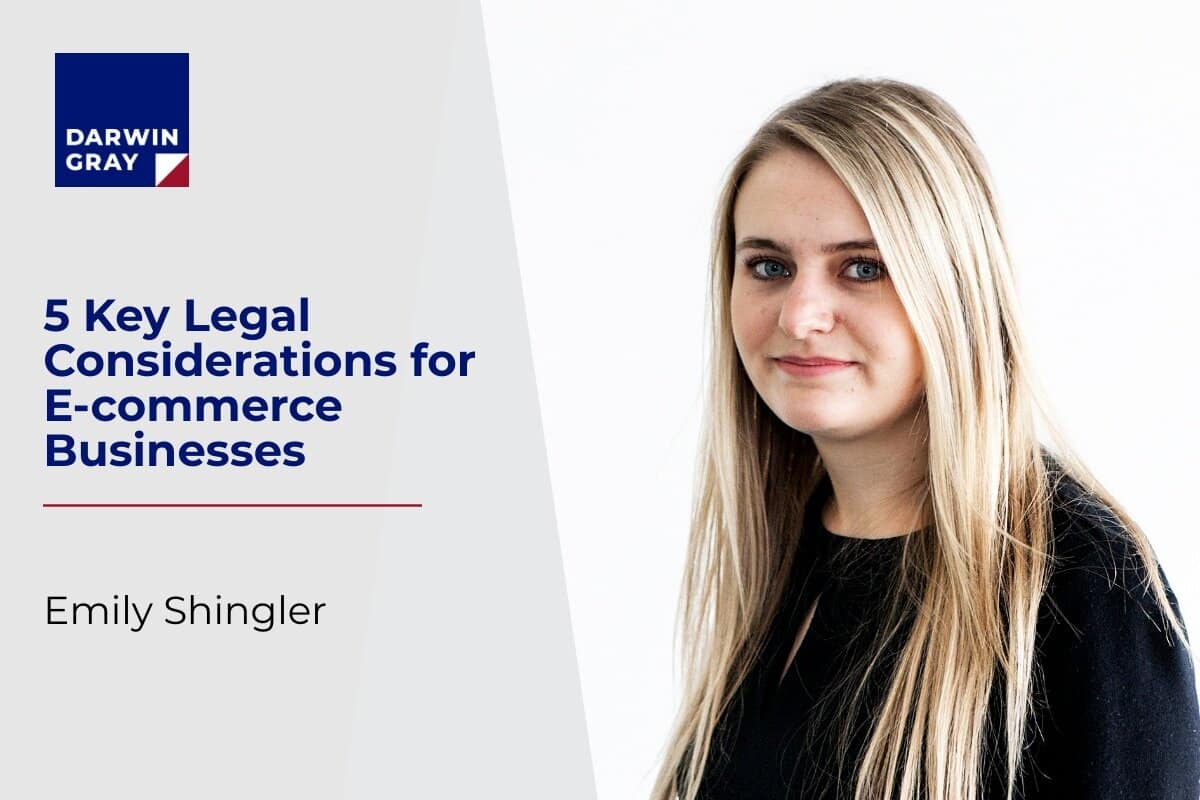
I have worked with Darwin Gray for a number of years and the level of service, professionalism and timely response is second to none. I would highly recommend Darwin Gray to any business.”
Becs Beslee
Dice FM Ltd

Darwin Gray have provided us with a first-class service for many years now. They really take the time to understand our business and develop relationships which results in advice and support that is contextualised and effective.”
Rebecca Cooper
ACT Training

We have worked with Darwin Gray for several years and have always found their services and advice to be first class.”
Karen Gale
Stepping Stones Group

An extremely professional and sincere firm who make time for your queries and understand the need to break down certain facts and information to ensure everything is understood perfectly. I would highly recommend the firm to anyone looking for any type of legal advice”
Gwawr Booth
Portal Training Ltd

PSS has worked with Darwin Gray for many years. We have always received an excellent service. Prompt and professional advice and support.”
Ledia Shabani
Property Support Services UK Ltd

Darwin Gray have acted for myself and my company over a number of years and at all times we have been treated with a professional manner yet maintain a common-sense approach at all levels. We couldn’t recommend them more highly.”
Simon Baston
Loft Co

We have been clients of Darwin Gray for many years; they’ve always dealt with all of our legal matters with such professionalism. They work around us, even during awkward hours, and we feel confident we can always rely on them.”
Louise Williams
ACT Training

Darwin Gray has been acting for Siltbuster for more than ten years. We would have no hesitation in recommending Darwin Gray to other organisations small or large.”
Richard D Coulton
Siltbuster Ltd






